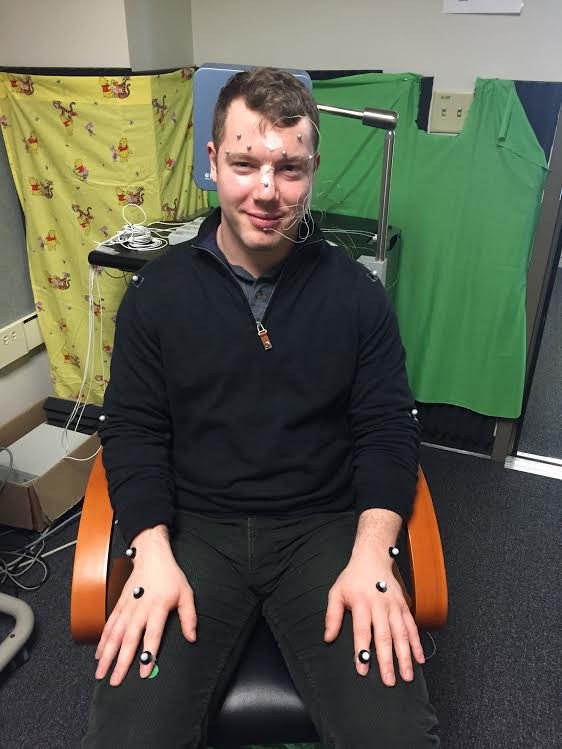Kyle Shattuck, PhD
Research Instructor
Georgetown University Medical Center
Education:
2016 Ph.D., Neuroscience, Georgetown University
1999 B.A., Child Development, English, Tufts University
Kyle is a neuroscientist with a research focus on the analysis of individualized and heterogeneous progression through both healthy aging and acquired neurological disorders. His previous research has used neuroimaging to track structural and functional brain changes associated with memory and attention processes in cohorts with Alzheimer’s disease and HIV-associated neurocognitive disorders. At CRL, Kyle is adapting machine learning algorithms to characterize the properties and implications of lesions found in brain MRI scans from stroke survivors.
Ryan staples, PhD
Post-Doctoral Fellow
Georgetown University Medical Center
Education:
2023 Ph.D., Psychology, Rutgers University - Newark (Advisor: William W. Graves)
2015 B.A., Psychology, University of Connecticut
Ryan is a cognitive neuroscientist. His research leverages modeling and neuroimaging to better understand the computational mechanisms and neural substrates that support healthy language processing and language recovery following stroke. As a postdoctoral researcher, his training focuses on lesion-symptom mapping analyses and developing ways to assess the correspondences between computational models and brains.
Elizabeth Anderson, PhD
Post-Doctoral Fellow
Georgetown University Medical Center
Education:
2024 Ph.D., Language and Communicative Disorders, San Diego State University/University of California San Diego (Advisor: Stephanie Riès)
2018 B.A., Linguistics and Cognitive Science, Rice University
Elizabeth is a cognitive neuroscientist with an interest in developing a more comprehensive understanding of word retrieval in adults with stroke-induced brain damage, specifically, how they retrieve words and how language network failures prevent them from successfully retrieving words. Her previous research has used electroencephalography to examine the impact of semantic relationships on lexical retrieval in individuals with aphasia and age-matched controls. Her current training focuses on gaining experience with neuroimaging techniques such as fMRI to gain more insight into the brain-behavior relationship.



